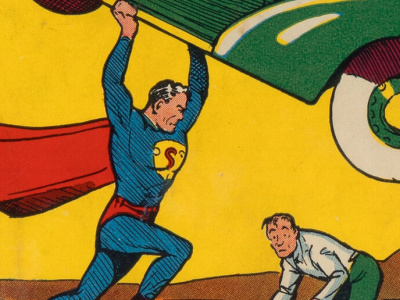In two federal court cases with a potentially huge impact on how organized play for tabletop games is conducted, judges for Magic: The Gathering events have alleged that they are employees of Hasbro subsidiary Wizards of the Coast and due employee rights and pay.
Both cases have asked for class action status to apply to all Magic: The Gathering judges in addition to the four that have filed suit. In arguing for class action status, both lawsuits allege that total damages will exceed $5 million. The five attorneys in the two cases all specialize in class action litigation, and are presumably taking the cases on a contingent fee basis, which would have them receive their fees as part of any judgment or settlement in the case.
The first suit was filed by 18-year Magic: The Gathering judge Paul Yale in California state court last year, and moved to U.S. District Court last December. The second suit was filed by judges Adam Shaw, Peter Golightly, Justin Turner, and Joshua Stansfield in U.S. District Court in California on April 12.
The cases ask for back pay, compensation for missed breaks, unreimbursed expenses, penalties, interest, and fees.
The suits also both ask that WotC be ordered to create a “non-profit recreational gaming entity that could lawfully utilize unpaid volunteers” as a way to handle judges going forward. That’s because federal law prohibits volunteer labor for for-profit employers. Non-profits are not similarly bound.
WotC has filed a motion to dismiss the Yale case; it has not responded yet to the Shaw et. al. case, which was filed much more recently. Yale has filed a response to the motion to dismiss, and a hearing on the motion is scheduled for June 2.
WotC called the lawsuits “meritless” in a statement on its website, arguing that “with the exception of the Pro Tour, the World Magic Cup, and the Magic World Championship, Magic events are run by tournament organizers and local game stores who directly engage judges. But these lawsuits claim that Wizards runs all events and that the people judging those events are Wizards employees. Anyone who has played at their local store knows this simply is not true.“
“We look forward to quickly resolving the matter,” the statement continued. “While we defend against these spurious lawsuits, we want to assure the Magic community that we will do everything possible to ensure that premier events continue to run smoothly. We thank the entire Magic community—players, organizers, and judges—for their continued support.”
Wizards of the Coast is obviously the largest target in organized play. Both cases allege that there are 300 Magic: The Gathering judges in California alone, with many more nationwide. They allege that judges are required to work a minimum of 25 hours per month on judge activities, and the cases go back multiple years, and have numerous additional sources of potential damages for WotC.
The industry will be watching the litigation closely to see if the longstanding ways in which publishers have recruited networks of gamers to help administer their organized play programs can stand or will have to be changed. And there may be impacts even if Wizards of the Coast ultimately prevails in its litigation, if publishers start to change their programs while the suits are going on to proactively seek to limit potential exposure.








